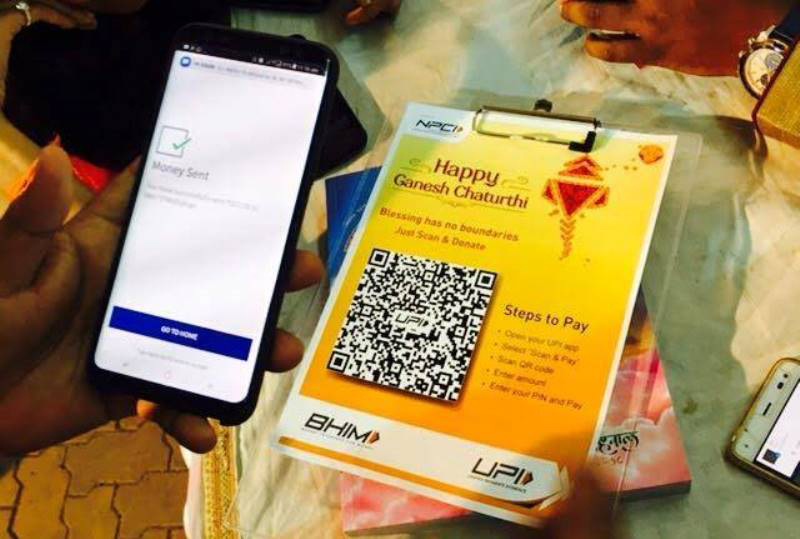 UPI
UPI
India to again delay caps on UPI payments market share, reports Reuters
Mumbai/IBNS: India will again delay caps on market share for a popular digital payments method, benefiting Google Pay and Walmart-backed PhonePe as the authorities prioritise growth over concerns about market concentration, Reuters reported quoting its sources.
According to the Reuters report, the National Payments Corporation of India (NPCI), the quasi-regulator, will extend by as much as two years a year-end deadline to cap at 30 percent the market share of any company processing payments via the Unified Payment Interface (UPI).
PhonePe's share of UPI payments has risen to 48.3 percent from 37 percent in April 2020, while Google Pay's share has declined to 37.4 percent from 44 percent, reported Reuters, citing NPCI data.
The two processed a combined 11.5 billion transactions in April, according to data.
NPCI and Google Pay declined to respond on the matter, while PhonePe did not respond to an email seeking comment, reports Reuters.
India launched UPI in 2016 but barred companies from charging for the instant digital payments service in an effort to promote online transactions and reduce the use of cash in the country's economy, which is the third-largest in Asia, as reported by Reuters.
NPCI, which has a regulatory mandate from the Reserve Bank of India (RBI), announced the 30 percent cap in 2020 but later extended the deadline by two years to the end of 2024, according to reports.
The deadline will have to be extended again as it is not possible for PhonePe and Google Pay to reduce their market shares without hurting UPI payments growth, Reuters reported citing its sources.
A final decision on the extension will be communicated closer to the deadline, a source told Reuters.
Support Our Journalism
We cannot do without you.. your contribution supports unbiased journalism
IBNS is not driven by any ism- not wokeism, not racism, not skewed secularism, not hyper right-wing or left liberal ideals, nor by any hardline religious beliefs or hyper nationalism. We want to serve you good old objective news, as they are. We do not judge or preach. We let people decide for themselves. We only try to present factual and well-sourced news.






